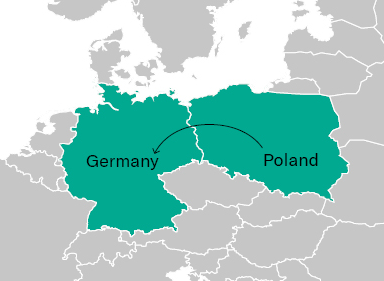Chapter 1 Introduction
“Every purpose is established by counsel: and with good advice make war.” -Proverbs 20:18 (KJV)
1.1 The Power of Information

No successful organization has ever ignored the power of information. It is not an exaggeration to say that the rise and fall of a nation is highly related on the quantity and quality (in terms of accuracy and recency2) of information it possess. A historic example for this is the defeat of the Nazis during the World War II when their encrypted top-secret messages, called Enigma codes, had been intercepted by Poland prior to the war. Through the help of British’s secret code-breaking group known as Ultra under mathematician Alan M. Turing, the codes had been decrypted and had become a valuable source of intelligence during the war. Moreover, since the Enigma codes had been shared by the Nazis to the Japanese, the information gathered by Ultra had contributed to the victory of Allied forces against the Axis in the Pacific.

Figure 1.1: (Left) Alan Turing; (Right) Enigma Machine
Poland would have never been successful in intercepting the Enigma codes prior to the war if it were not for their good information gathering. Alan Turing and the other Ultra members would not have been successful in cracking the codes if it were not for the right information processing. Lastly, the Allied forces would have not been victorious if it were not for the right information communication as the Ultra group shared the decryption process they’ve learned. War commentators have claimed that this information flow, with the Ultra at it’s core, had substantially shorted the war and could possibly resulted to a different aftermath (Keegan 2003).
1.2 Information vs. Data
Proper information is needed to perform various management functions, utilise many management techniques (such as SWOT analysis, PEST analysis), prepare strategic decisions. So it is important to prepare and maintain efficient information system within the organization
References
The state or quality of being recent; newness; new state; freshness↩︎